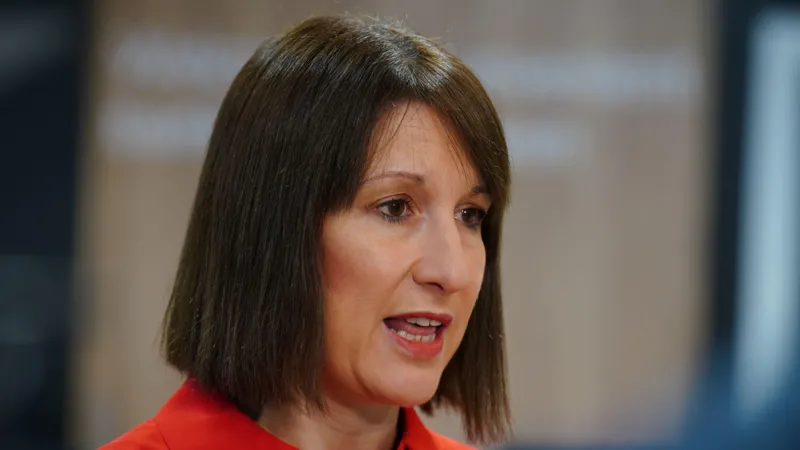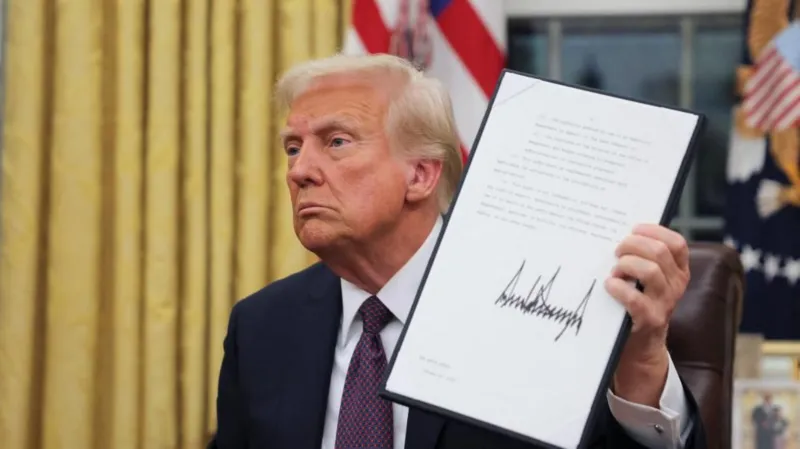Rachel Reeves, the UK’s Shadow Chancellor, is grappling with tough decisions on tax policies and public spending as the Labour Party crafts its fiscal strategy. Amid an uncertain economic landscape, Reeves must balance her party’s commitment to fiscal responsibility with the imperative to address the mounting demands for public investment.
The backdrop for these challenges includes rising inflation, slowing economic growth, and pressures on public services strained after years of austerity and pandemic-related spending. Reeves has emphasized that Labour will not make “unfunded promises,” aligning with the party’s broader message of prudence and accountability. However, this approach necessitates hard choices that could define the party’s economic credibility and political appeal.
One of the key debates centres on taxation. Labour has signaled its intent to introduce measures targeting wealth and corporate profits, aiming to ensure the tax system is fairer and more progressive. Proposals such as reforming non-dom tax status and addressing tax loopholes for the wealthy have been floated. Yet, these measures, while popular among Labour’s base, could face resistance from businesses and affluent individuals concerned about economic competitiveness and investment risks.
Simultaneously, public investment remains a critical concern. Reeves has pledged to prioritize initiatives in green energy, healthcare, and education, emphasizing their potential to drive growth and improve living standards. However, with limited fiscal room, the party faces difficult trade-offs in allocating resources effectively while managing debt levels.
Another challenge is maintaining public trust. Labour must convince voters that it can deliver transformative change without jeopardizing economic stability. The Conservative government’s track record has provided Labour with opportunities to present itself as a credible alternative, but missteps in fiscal policy could erode this advantage.
As the next general election approaches, Reeves’ decisions will shape not only Labour’s policy platform but also its chances of winning public confidence. Her ability to strike a balance between aspiration and pragmatism will be critical in navigating the complex interplay of tax reforms, spending priorities, and economic stability, setting the stage for Labour’s potential governance.




















